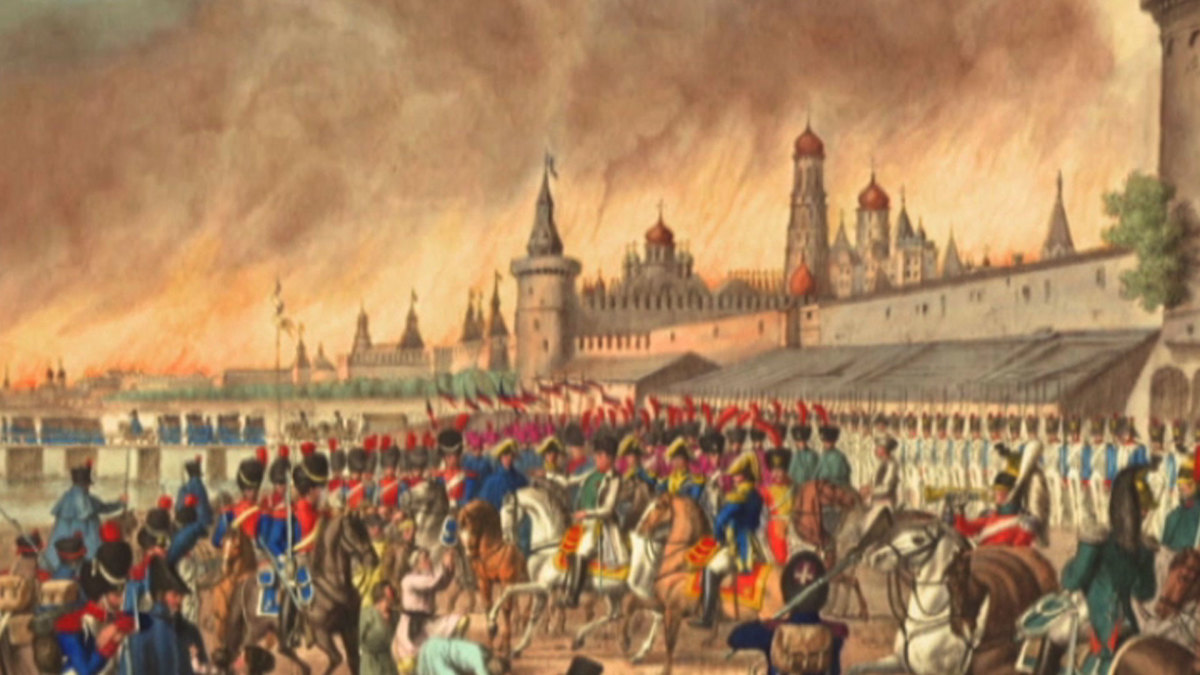In France, as in Britain’s North American colonies, a financial crisis preceded a revolution. There was not only a parallel but also a direct connection between the revolution of 1776 and that of 1789. French participation in the American War of Independence enormously increased an already excessive governmental debt. Furthermore, the example of America fired the imagination of those French who were discontented.
To them Benjamin Franklin, the immensely popular American envoy to France, was the very embodiment of the Enlightenment. Yet it would be going too far to claim that the American Revolution actually caused the French Revolution; rather, it speeded up developments in France that had long been underway. And, just as the reasons for revolution were more deeply rooted and more complicated in France than in America, so the revolution itself was to be more violent and more sweeping.
The immediate cause of the Revolution was financial. King Louis XVI tried one expedient after another to avert bankruptcy and at last summoned the Estates General, the representative assembly that had not met for 175 years. Once assembled, the Estates initiated reforms that were to destroy the Old Regime in France. The more deep-rooted causes of the Revolution, however, reached into France’s society and economy and into its political and intellectual history.
Behind the financial crisis of the 1780s lay many decades of fiscal mismanagement. The nobles and clergy refused to pay the necessary share of the taxes. Resentment against inequitable taxation and inefficient government built steadily among the unprivileged peasantry, the workers, and above all, the bourgeoisie. What translated bourgeois resentment into the potential for revolution was the program of change put forward by the philosophes.

